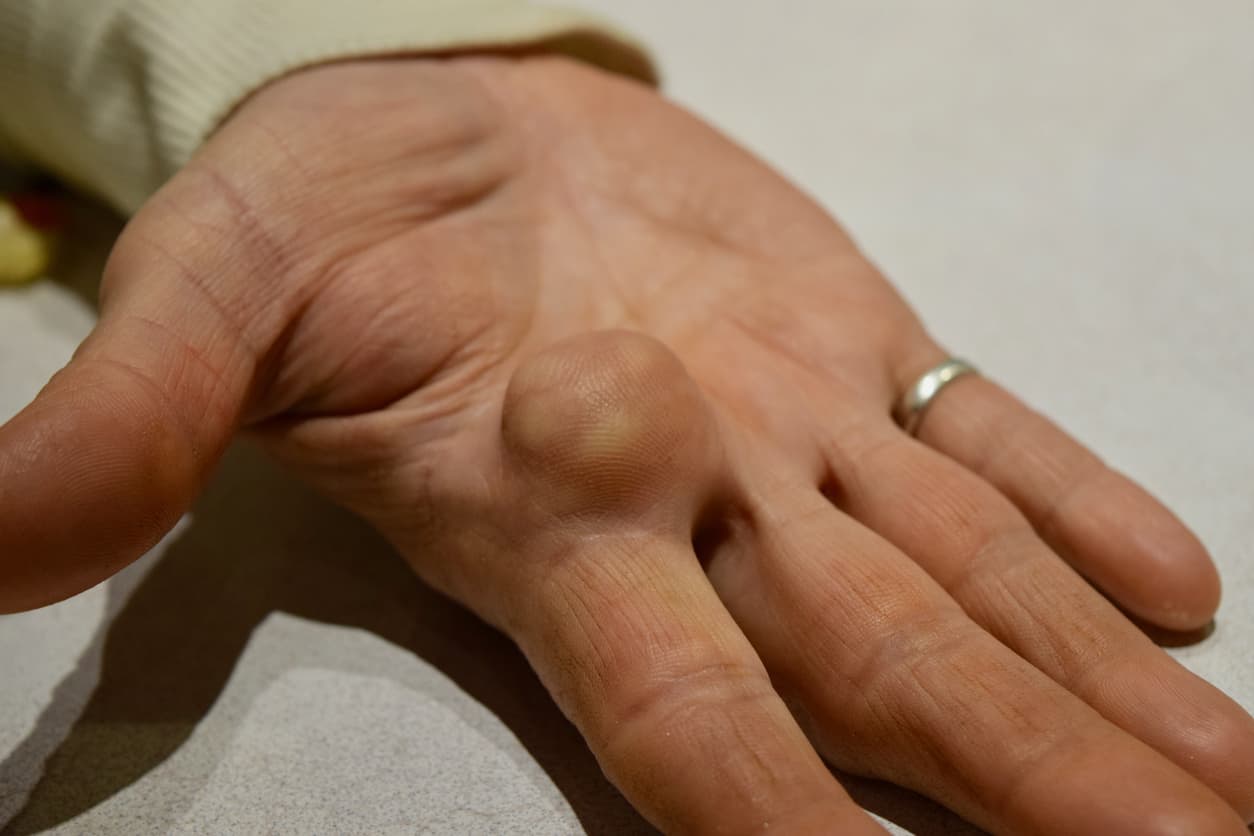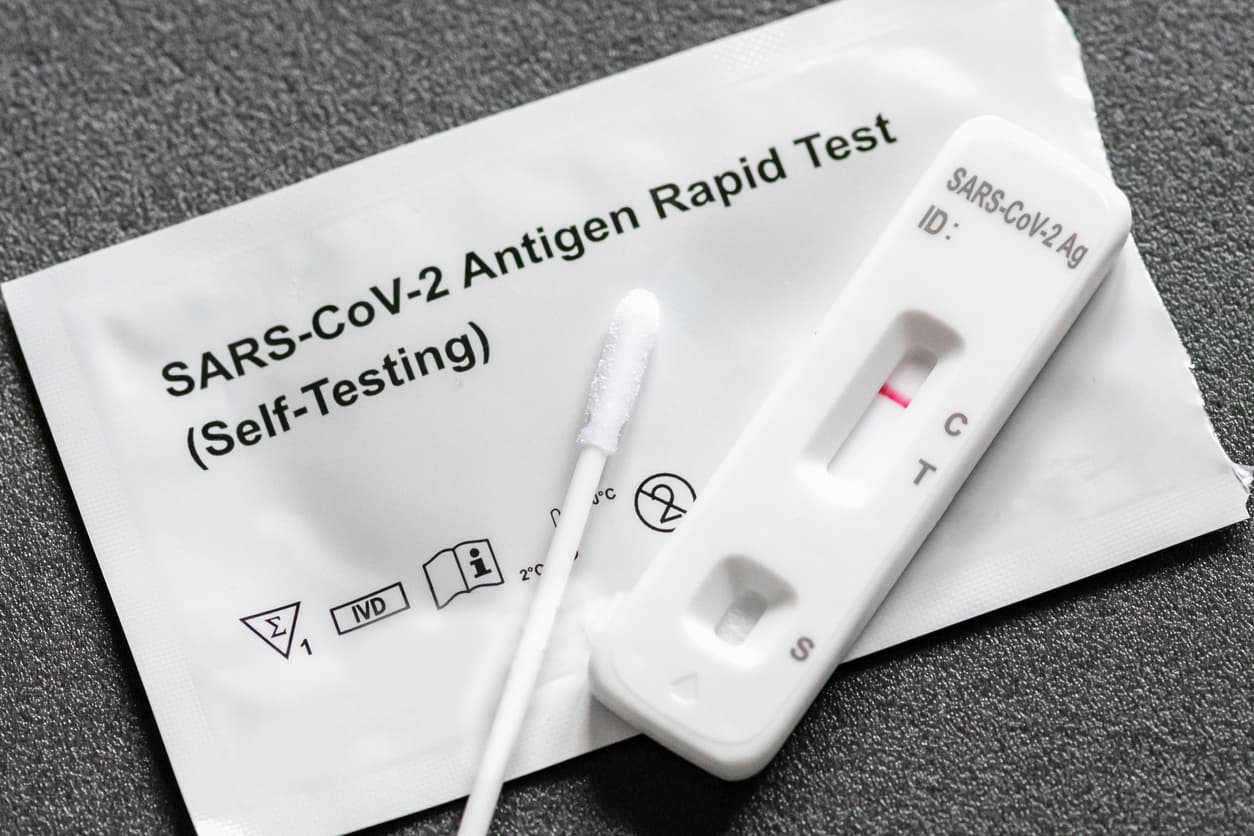Read this if you have AFib
For Medicare beneficiaries with AFib, you might be going through your options for treatment. When you find a procedure to help correct your heartbeat, it's good to know that you'll have coverage. Cardiac ablation has coverage under Medicare. How much could that cost for you? Let's find out.
Speak with a Medicare Advocate
What is cardiac ablation?
Cardiac ablation is a medical procedure that uses energy to treat certain types of irregular heartbeats. During the procedure, tissue in the heart is destroyed or altered, so it no longer causes abnormal electrical signals that lead to an irregular heartbeat. Benefits can include improved quality of life and reduction of symptoms associated with cardiac arrhythmias, such as palpitations, dizziness, fatigue, and fainting. Additionally, cardiac ablation can reduce the need for ongoing medications and reduce the risk of stroke.
It's important to note that not all types of cardiac arrhythmias are eligible for Medicare coverage. Be sure to discuss your condition with a healthcare provider to determine if cardiac ablation is the right treatment option for you.
How does Medicare Part A cover cardiac ablation?
Medicare Part A can help pay for inpatient medical treatments such as cardiac ablation if it is medically necessary and meets Medicare’s coverage requirements. If your doctor recommends cardiac ablation, Medicare Part A will cover the cost of the treatment once you pay the Part A deductible. In 2023, this is $1,600.
How to get a referral for cardiac ablation from your doctor?
You will need to have a referral from your doctor to receive coverage for cardiac ablation under Medicare Part A. Your doctor can help you decide if the procedure is right for you and submit the necessary paperwork to get approval from Medicare. Additionally, you may need to provide additional information or documentation as requested by your insurance provider.
What you need to know about the pre-operative process?
Prior to having cardiac ablation, your doctor may recommend a few tests or procedures to ensure the procedure is safe and effective. These could include an electrocardiogram (ECG), echocardiogram (ECHO), magnetic resonance imaging (MRI) and/or a stress test. Once these tests are completed, you will need to discuss the results with your doctor and they will advise you on whether or not cardiac ablation is suitable for you.
It's important to understand all of the risks associated with the procedure, including infection, bleeding and other complications. Be sure to ask your doctor any questions or express any concerns that you have prior to undergoing cardiac ablation.
What happens during the surgery?
During the cardiac ablation procedure, a catheter (a thin tube) is inserted through a vein and guided to your heart. Radiofrequency or cryoablation energy is used to destroy abnormal tissue in order to restore normal electrical signals. The entire process can take several hours, depending on the severity of your condition. Afterward, you will be monitored for several hours to ensure that the procedure is successful.
In some cases, more than one ablation session may be necessary to achieve desired results. It is important to follow all instructions from your doctor after the procedure and learn how to recognize potential signs of complications or adverse reactions.
The post-operative care required after cardiac ablation surgery
After your cardiac ablation procedure, you may need to take some time off work and reduce physical activity. In most cases, you will be able to return to normal activities the following day. Your doctor may also prescribe medications such as anticoagulants or anti-arrhythmia drugs to prevent further arrhythmias or reduce the risk of blood clots.
It is important to follow up with your doctor for regular check-ups and any instructions related to taking medications or making lifestyle changes. Additionally, you should always follow safety measures such as avoiding physical activity that can increase your heart rate or wearing a medical alert bracelet in case of an emergency.
The cost of cardiac ablation and whether or not it's covered by Medicare
The cost of cardiac ablation can vary depending on the patient's medical condition and the type of procedure. Generally, these procedures are covered by Medicare Part A if they are medically necessary and meet specific coverage requirements. However, there may be additional costs, such as deductibles and copayments, that you will need to pay out-of-pocket for associated costs after the procedure. Before your procedure, check with your Medicare plan provider for more information about coverage and price.
Takeaway
Cardiac ablation can be a safe and effective treatment option for certain heart arrhythmias. If you are considering the procedure, it is important to speak with your doctor about your medical condition and any potential risks associated with the surgery. This content is for informational purposes only. Call an expert at Fair Square Medicare if you have any questions related to Medicare.
Recommended Articles

Does Medicare Cover Scleral Lenses?
Dec 5, 2022

Does Medicare Cover Incontinence Supplies?
Dec 22, 2022

Is Botox Covered by Medicare?
Jan 19, 2023

Health Savings Accounts (HSAs) and Medicare
Jan 24, 2024

Does Medicare Cover Lipoma Removal?
Dec 8, 2022

Does Medicare Cover the WATCHMAN Procedure?
Dec 1, 2022

Does Medicare Cover Disposable Underwear?
Dec 8, 2022

2024 Cost of Living Adjustment
Nov 13, 2023

Does Medicare Cover COVID Tests?
Dec 21, 2022

How to Choose a Medigap Plan
Jan 10, 2023

Gap Health Insurance: The Secret Sidekick to Your High-Deductible Plan
Jul 14, 2025

What People Don't Realize About Medicare
Mar 27, 2023

Building the Future of Senior Healthcare
Aug 25, 2022

Does Medicare Cover Zilretta?
Nov 28, 2022

Does Medicare Pay for Antivenom?
Dec 6, 2022

How Much Does Medicare Cost?
Jul 25, 2022

Does Medicare Cover Ofev?
Dec 2, 2022

Explaining the Different Enrollment Periods for Medicare
Feb 3, 2023
More of our articles
13 Best Ways for Seniors to Stay Active in Philadelphia
14 Best Ways for Seniors to Stay Active in Seattle
2024 Fair Square Client Retention and Satisfaction Report
Are Medicare Advantage Plans Bad?
Can I Choose Marketplace Coverage Instead of Medicare?
Can I Laminate My Medicare Card?
Can I Use Medicare Part D at Any Pharmacy?
Can Medicare Advantage Plans Deny Coverage for Pre-Existing Conditions?
Can Medicare Help with the Cost of Tyrvaya?
Denied Coverage? What to Do When Your Carrier Says No
Does Medicare Cover an FMT?
Does Medicare Cover Bariatric Surgery?
Does Medicare Cover Cardiac Ablation?
Does Medicare Cover Cervical Disc Replacement?
Does Medicare Cover Driving Evaluations?
Does Medicare Cover ESRD Treatments?
Does Medicare Cover Hepatitis C Treatment?
Does Medicare Cover Hoarding Cleanup?
Does Medicare Cover Hypnotherapy?
Does Medicare Cover Ilumya?
Does Medicare Cover Inspire for Sleep Apnea?
Does Medicare Cover Iovera Treatment?
Does Medicare Cover Jakafi?
Does Medicare Cover Krystexxa?
Does Medicare Cover Macular Degeneration?
Does Medicare Cover Nuedexta?
Does Medicare Cover Ozempic?
Does Medicare Cover Penile Implant Surgery?
Does Medicare Cover Qutenza?
Does Medicare Cover Service Animals?
Does Medicare Cover Vitamins?
Does Medicare Cover Wart Removal?
Does Medicare Pay for Funeral Expenses?
Does Medicare pay for Opdivo?
Does Medicare Require a Referral for Audiology Exams?
Does Your Plan Include A Free Gym Membership?
Estimating Prescription Drug Costs
How Are Medicare Star Ratings Determined?
How Can I Get a Replacement Medicare Card?
How Do Medicare Agents Get Paid?
How Do Medigap Premiums Vary?
How Does the End of the COVID-19 Public Health Emergency Affect Your Medicare?
How Much Does Medicare Part B Cost in 2025?
How Much Does Trelegy Cost with Medicare?
How Much Does Xeljanz Cost with Medicare?
How to Become a Medicare Agent
How to Compare Medigap Plans in 2025
How to Enroll in Social Security
Is Balloon Sinuplasty Covered by Medicare?
Is Fair Square Medicare Legitimate?
Medicare & Ozempic
Medicare Advantage MSA Plans
Medicare Consulting Services
Medicare Deductibles Resetting in 2025
Medicare Supplement Plans for Low-Income Seniors
Moving? Here’s What Happens to Your Medicare Coverage
Plan G vs. Plan N
Seeing the Value in Fair Square
The Fair Square Bulletin: October 2023
Turning 65 and Thinking of Keeping COBRA? Here’s Why It Usually Backfires
What Does Medicare Cover for Stroke Patients?
What Happens to Unused Medicare Set-Aside Funds?
What Is a Medicare Advantage POS Plan?
What is a Medicare Beneficiary Ombudsman?
What is Plan J?
What To Do If Your Medicare Advantage Plan Is Discontinued
What to Do When Your Doctor Doesn't Take Medicare
What to Do When Your Doctor Leaves Your Network
What You Need to Know About Creditable Coverage
What's the Deal with Flex Cards?
Which Medigap Policies Provide Coverage for Long-Term Care?
Why Is Medicare So Confusing?
Get the Fair Square Bulletin
Medicare savings tips, helpful guides, and more.
Virgil Insurance Agency, LLC (DBA Fair Square Medicare) and www.fairsquaremedicare.com are privately owned and operated by Help Button Inc. Medicare supplement insurance plans are not connected with or endorsed by the U.S. government or the federal Medicare program. This is a solicitation of insurance. A licensed agent/producer may contact you. Medicare Supplement insurance is available to those age 65 and older enrolled in Medicare Parts A and B and, in some states, to those under age 65 eligible for Medicare due to disability or End-Stage Renal disease. Virgil Insurance Agency is a licensed and certified representative of Medicare Advantage HMO, HMO SNP, PPO, PPO SNP and PFFS organizations and stand-alone PDP prescription drug plans. Each of the organizations we represent has a Medicare contract. Enrollment in any plan depends on contract renewal. The plans we represent do not discriminate on the basis of race, color, national origin, age, disability, or sex. Plan availability varies by region and state. For a complete list of available plans please contact 1-800-MEDICARE (TTY users should call 1-877-486-2048), 24 hours a day/7 days a week or consult www.medicare.gov. © 2026 Help Button Inc
We do not offer every plan available in your area. Any information we provide is limited to those plans we do offer in your area. Please contact Medicare.gov or 1-800-MEDICARE to get information on all of your options.
MULTIPLAN_FairSquareMedicare_01062022_M
Fair Square Medicare


